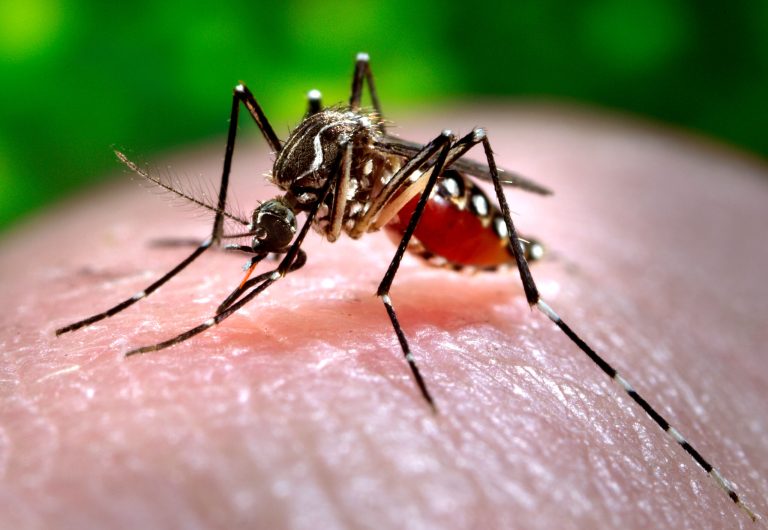A recently identified species of mosquito, colloquially known as “Steve” (scientifically Anopheles stephensi), is causing a surge in malaria infections across Africa, prompting growing public health concerns, as reported by the World Health Organization (WHO).
Originating in South Asia, the “Steve” mosquito was first identified in Djibouti in 2012.
Why it matters
- Since its initial detection, the country has experienced a staggering increase in malaria rates.
- Subsequently, the mosquito has spread to seven African countries, including Ethiopia, Sudan, Somalia, Kenya, Nigeria, and Ghana.
- Distinguishing itself from other mosquitoes that typically breed in rivers and swamps, the “Steve” mosquito is an urban breeder, thriving in dry environments.
- Its ability to survive with minimal moisture, utilising water trapped in containers, tyres, and gutters, makes it particularly challenging to control.
- Adding to the concern, this new species exhibits unique behaviours, such as biting outdoors during daylight hours and displaying immunity to commonly used pesticides.
Dr. Dorothy Achu, WHO’s lead for tropical diseases in Africa, emphasised the threat posed by “Steve” in urban settings, challenging current strategies primarily focused on indoor interventions.
She noted the difficulty in detecting and eliminating this resilient mosquito from harsh climates, further complicating efforts to curb its impact on public health.
As the “Steve” mosquito continues to spread, health officials are grappling with the urgent need for innovative strategies to address this emerging threat to malaria control in Africa.
What you should know
- According to the World Health Organisation report, the African region carries a disproportionately large share of the global malaria burden.
- In 2022, the region was home to 94% of malaria cases and 95% of malaria deaths.
- Children under the age of 5 accounted for 80% of these deaths.
- Malaria is a life-threatening parasitic disease spread to humans by some species of mosquitoes.
- Several African nations continue to implement comprehensive malaria control programs, leveraging a combination of preventative measures, diagnostic tools, and treatment interventions.
- Some progress towards the fight against malaria has been made in the African Region. Nairametrics reported that three African nations have received the malaria vaccine.
- Nairametrics also reported that three African countries have been declared malaria-free with Cape Verde being the latest.

